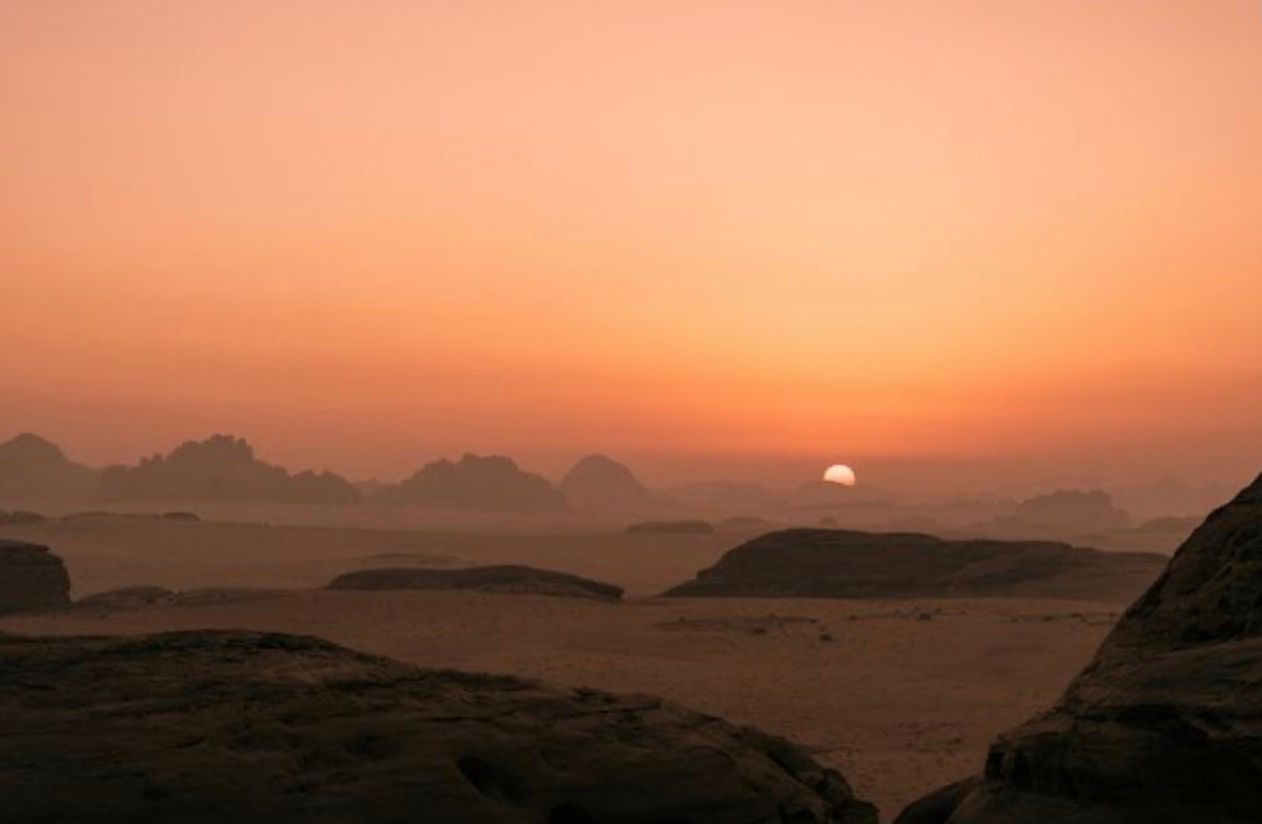#1 Biggest Fear of Vehicle-Dwellers

Being a full-time nomad and living in a vehicle is such an enriching way of life. But make no mistake, it’s far from perfect, and there is a lot can go wrong when trying to survive out on the open road.
While I don’t consider myself an alarmist, nor do I buy into all of the 24/7 doom & gloom crap that the corporately-owned media loves to spin, I definitely AM someone who likes being prepared.
Which is the very reason I am writing this article. Because I want you too to be aware of one of the biggest pitfalls that can occur, so you can deal with it better should it ever happen.
Let’s get into it!
Your Vehicle is Your Castle
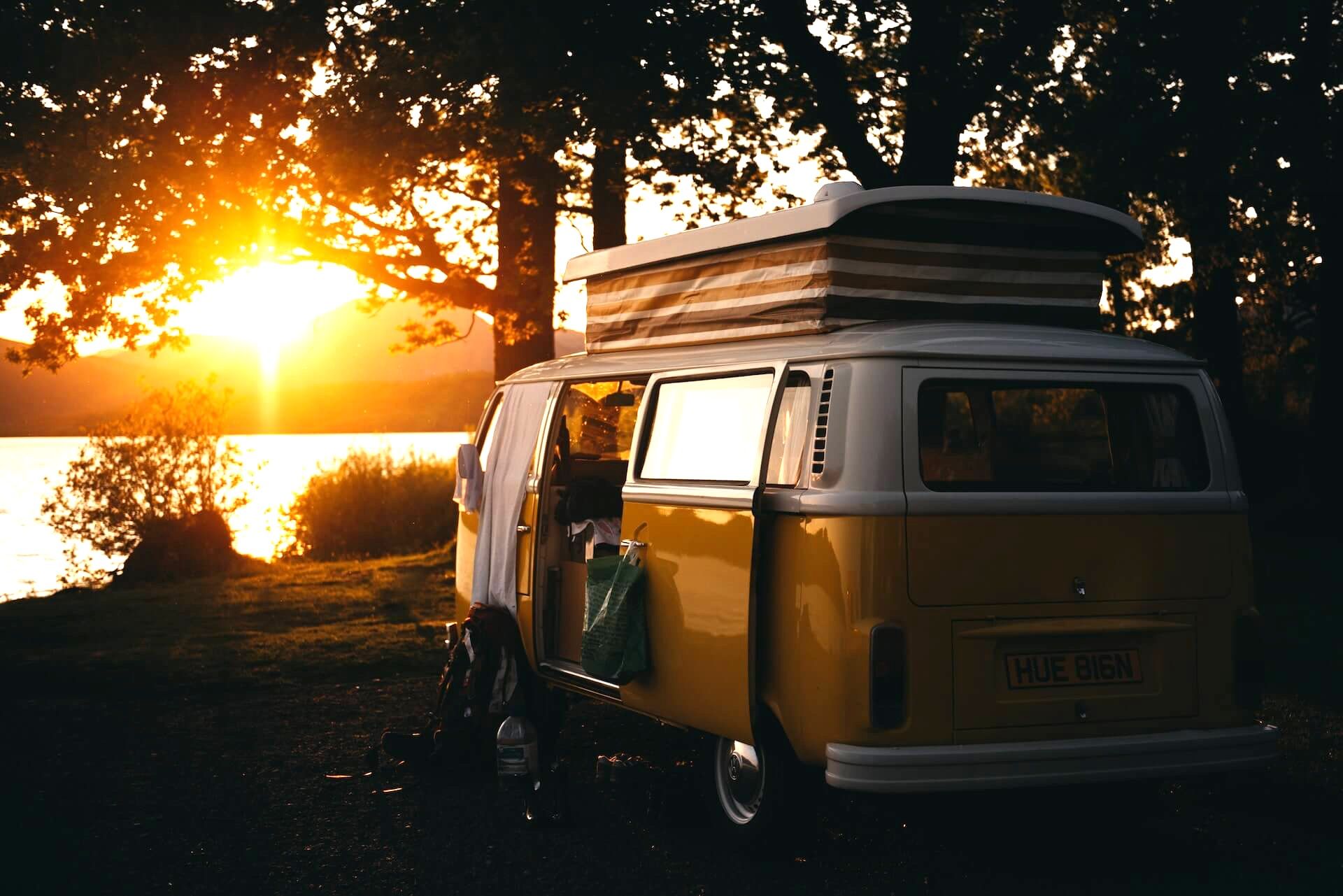
The open road can be a scary, difficult place to live. And I’m not talking about dangers per se, but rather, unknowns.
Bad things can happen at any time while being a nomad, and if you don’t have a proper plan in place, these bad things can turn quickly into major disasters.
Aside from overall health or well-being, by far, the #1 biggest fear of nomads is loss of a vehicle.
When your home-on-wheels experiences mechanical issues - or worse, completely breaks down - there is nothing more terrifying in the world. Your vehicle is your castle, your security. Make no mistake…it is your everything!
The only remedies for this situation are: spending great deals of cash on expensive auto repairs, or buying an entirely new vehicle…with monies that you may, or may not have access to.
A situation like this can wipe you out financially, and even end your perfect nomadic lifestyle.
To make matters worse, the vast majority of full-timers struggle to make ends meet financially. Many live paycheck-to-paycheck or only work sporadically in the new gig economy.
This is a recipe for disaster.
How to Protect Yourself
Fortunately, there ARE ways that you can safeguard yourself with a few common-sense, practical solutions. But remember…
No safeguard is foolproof, and a lot of life comes down to luck of the draw. However, even if disaster should occur, being able to lessen any blow is critical. You want the odds on your side.
Here are some suggestions to tip the scales in your favor…
Save Every Penny You Can
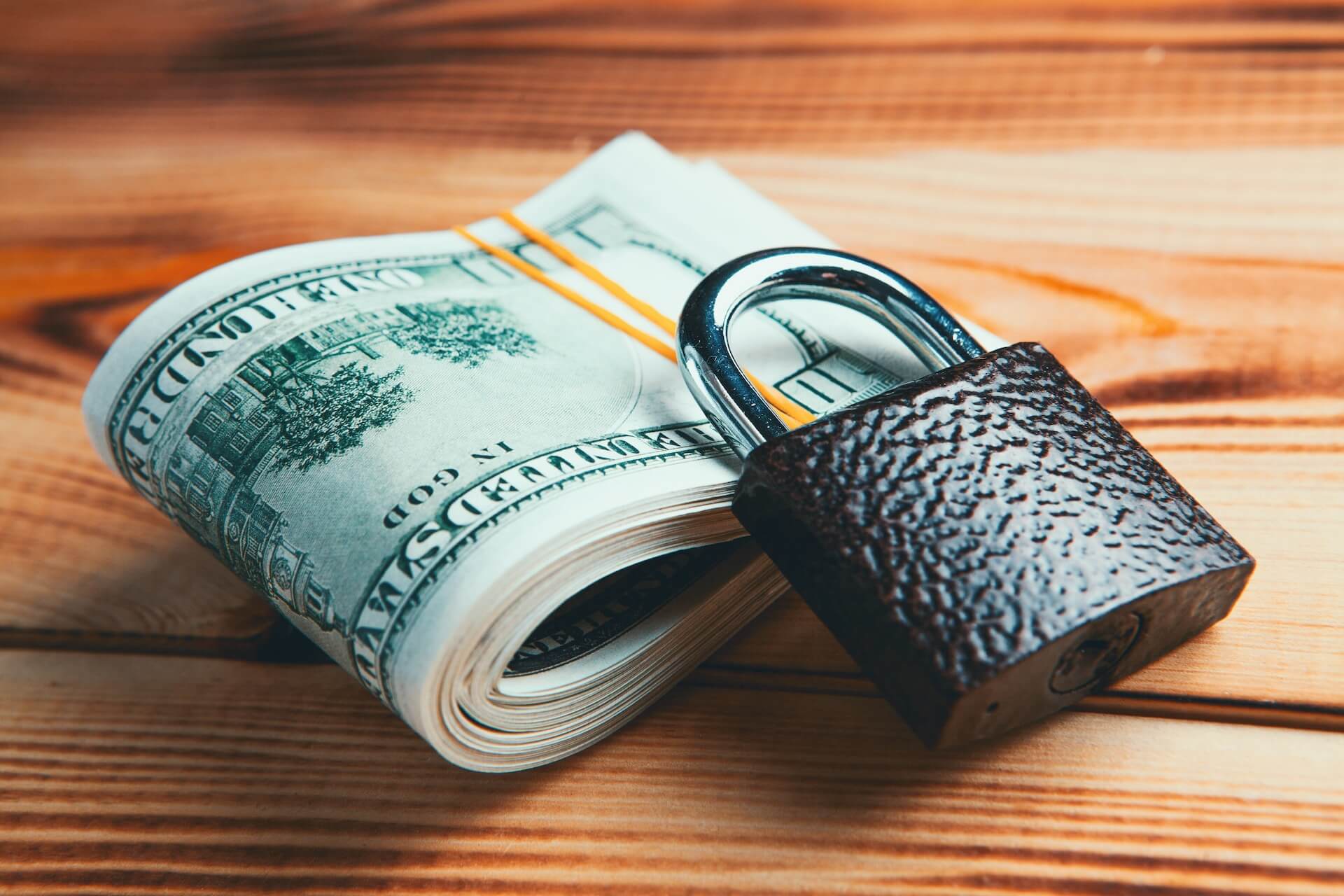
Having a nest egg or rainy day fund is vital in life, especially when you live in a vehicle.
While this won’t prevent problems from happening, being able to meet them head-on without worrying about where you’ll sleep at night, the awkwardness of asking friends or relatives to borrow money, or going into debt is a big, BIG advantage.
I believe every nomad should have a bare minimum of $5,000 socked away if they’re full-timers.
Trust me, having money set aside will prevent a lot of stress & worry. The more cash you have saved, the less worry & headaches you’ll have to fret over.
If you didn’t already, I urge you to read my post on proper budgeting for nomads. I also reveal how much money you can save while living in a car. Yes, ALL nomads should be living on a budget! Once you get used to it, it becomes a piece of cake, and you’ll wonder why you didn’t do it sooner.
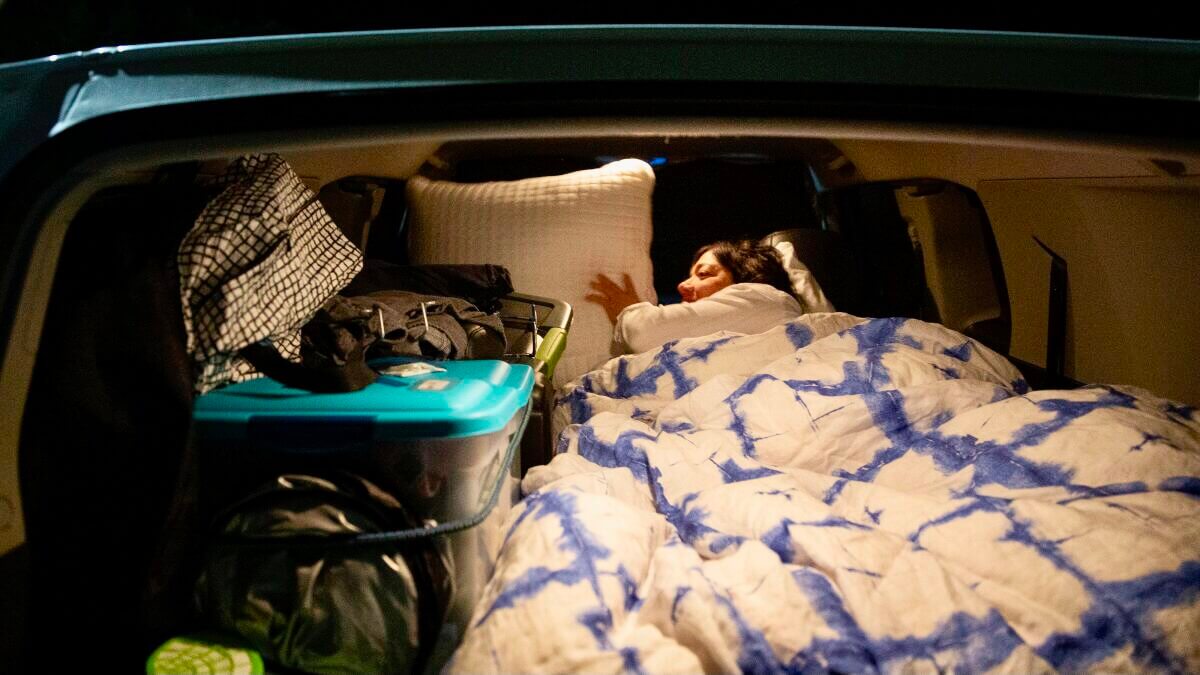
It is soooooo easy to save money as a vehicle-dweller. Even if you don’t make that much (like me) because the cost of living is drastically cheaper. Always remember your nomad secret weapon…
FREE RENT!
This is a huge advantage us nomads have. All of the money that you’d be spending in a house or apartment doesn’t exist, or is greatly reduced. Truly a gift from the gods.
Consider this: the average national median rent price is currently $2,038! https://www.rent.com/research/average-rent-price-report/. And the average monthly mortgage payment is higher than $2,300! https://www.nar.realtor/magazine/real-estate-news/the-average-monthly-mortgage-payment-is-above-2300.
All of that goes into your pocket every 30 days when you live in a vehicle. This is a huge part of why many are becoming nomads. They either don’t want to spend ridiculous amounts of money on living expenses, or they simply can’t afford to.
Life on the road presents many temptations, like; wasting cash on unhealthy fast food, partying to excess, buying unnecessary pieces of nomad gear, etc. If you can get a handle on these temptations - and you must - building a nest egg is a breeze.
You will need it one day when your vehicle goes kaput.
Buy the Best Vehicle That You Can Afford
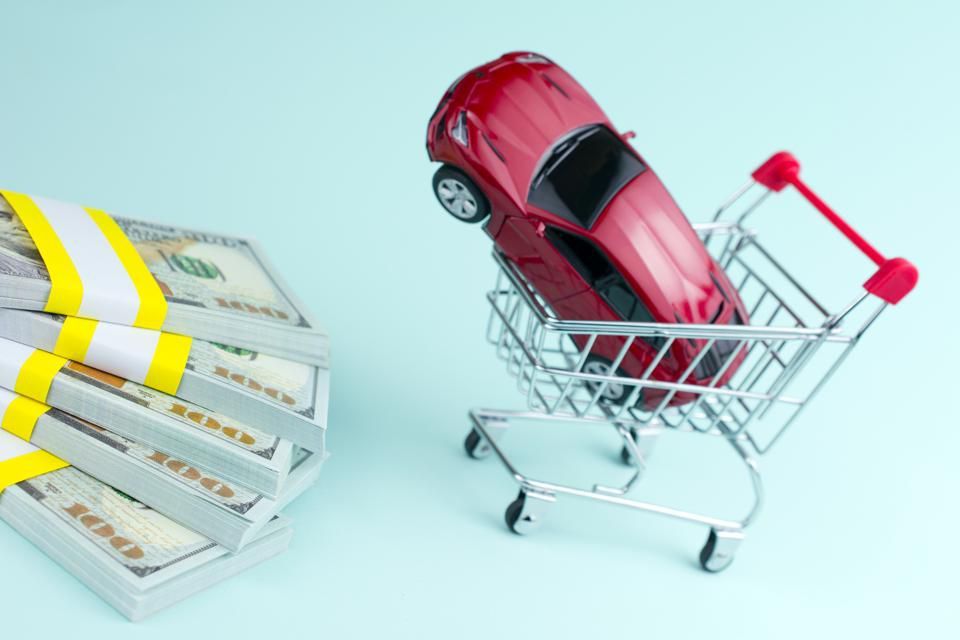
The easiest way to get started as a nomad is by using whatever vehicle you already own. As long as it is operable & dependable, it will be good enough. However, if it is not dependable, you’re only asking for trouble, and it is highly advised that you buy another car.
One of the worst mistakes that a new nomad can make is jumping into this lifestyle without proper planning.
Due to excitement, loss of an apartment, or some other reason, a person will hit the road in a hurry, oftentimes missing out on important steps and making haphazard choices.
One of these principal mistakes is beginning their journey with a vehicle that isn’t up to snuff.
A used vehicle that isn’t dependable and which suffers from numerous problems will not only be a constant source of stress for you, but it will also drain your pockets quicker than a vacuum cleaner.
Any savings that you might make by living in a car will go out the window each time a problem pops up. And the older, more unreliable the vehicle is, the more problems will arise.
Your chief responsibility before hitting the road should be to buy the absolute best vehicle that you can afford.
The more you spend, the better (more dependable) your vehicle will be. And if you don’t have a sufficient amount of cash to buy a decent used car, then do whatever you can to save up some money to buy one prior to going full-time…even if it takes many months to do so.
Being Stationary can Pay Big Dividends
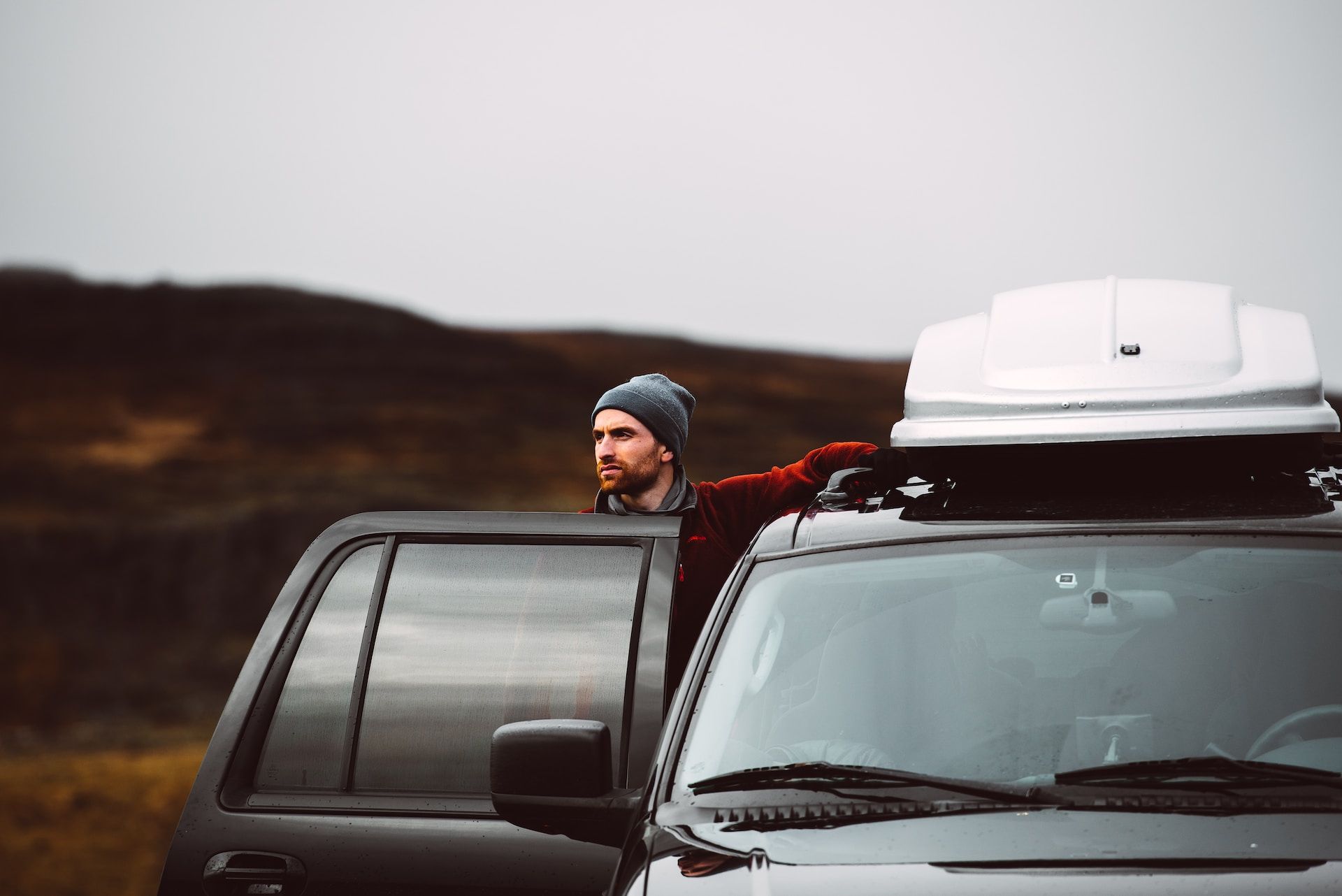
The info below is geared towards those that have older cars, say, more than 10 years old.
One of the biggest benefits of being a full-time nomad is the ability to travel far & wide, and to explore to your heart’s content.
However, if you have an older vehicle, this may not be such a great idea.
An older vehicle is no different that an older person. Just as you wouldn’t tell an 80 or 90 year old to drop and do 200 pushups, pull-ups or squats, you need to avoid putting undue stress on your car at all costs. Why?…
Because the longer your vehicle lasts, the more money you will be able to put into your pocket.
This is one of the main reasons that I baby my Prius and avoid putting excess mileage on it. The more you drive, the more wear & tear that’s put on a car. This can eventually lead to problems.
My usual haunts are in NJ and PA. I am in these places 90% of the time. So, as you can see, I am confined within a certain, smaller geographical area. Do I feel limited by this? Not at all. Both states are very large, with tons of beautiful sites to see and things to do. Additionally…
There are gobs of free places to sleep, campgrounds galore (though I hardly ever frequent them), and there are many other nomads around here. As my current plan is to build my nest egg as high as possible, this works just fine for me.
Being stationary lessens the odds of my car breaking down or experiencing any major issues because I’m treating it like the older vehicle that it is. To me, right now, it’s MAIN purpose is shelter, not transportation. And as I like having a roof over my head while paying zero in rent, I will continue with this plan for as long as possible. But…
One day in the future (hopefully a LONG way from now), my car will eventually need pricey repairs, or even need to be replaced…and I will then have to dip into my nest egg to cover this expense.
It makes a lot of sense to limit your travels if you have an older/unreliable vehicle.
Easy on the Gas
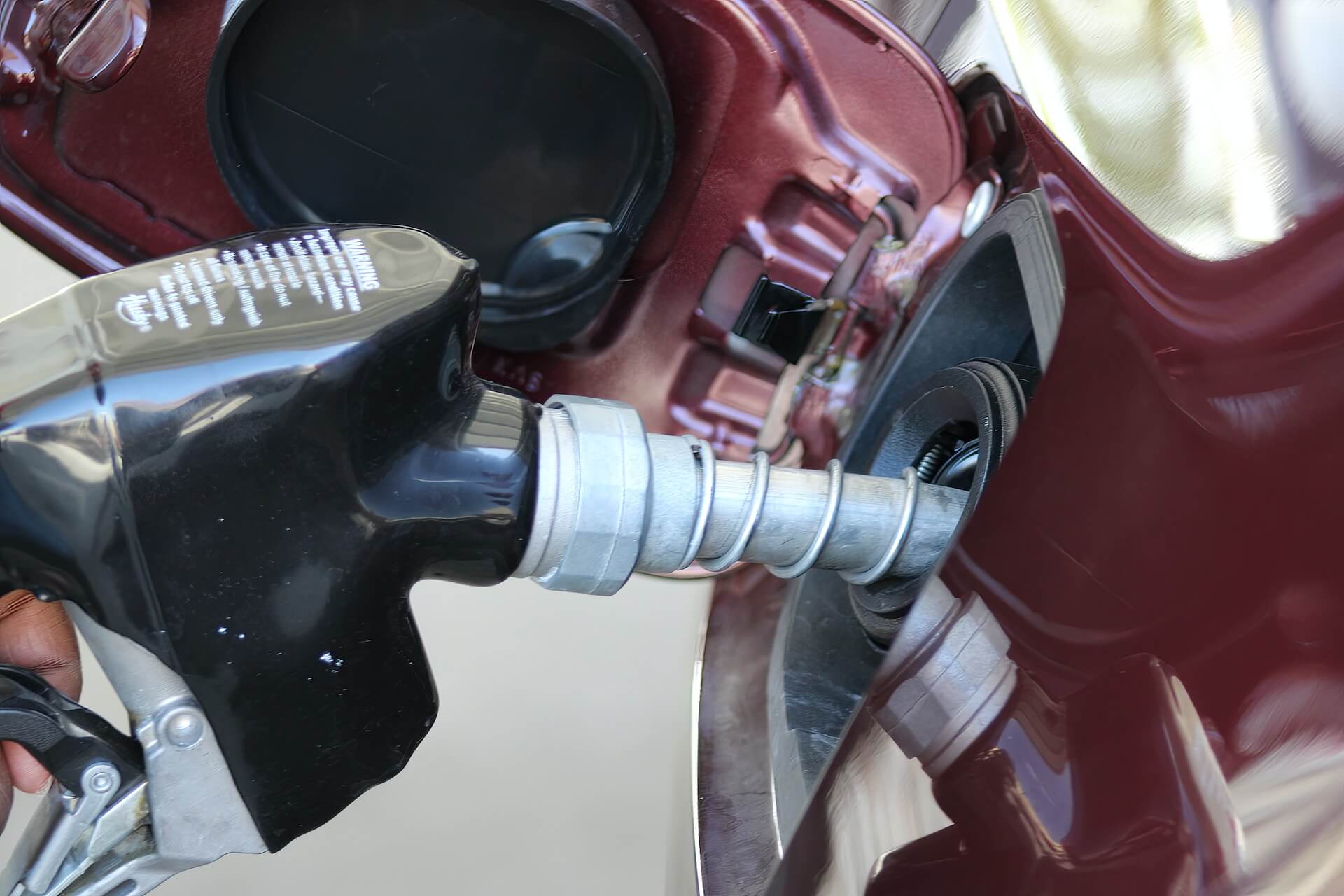
Another benefit of remaining more stationary is that you’ll greatly reduce your fuel expenditures. And with the current price of gas being what it is, this can equate to a mountain of savings!
Even more so if you buy a smaller vehicle like a sedan, hatchback, etc., versus a truck or van.
A penny saved is a penny earned, and every last bit helps.
As I’ve said on this blog many times, your two biggest expenses as a nomad will be food & gas. There are lots of ways to cut back on both of them, but it’s easier to do so with fuel versus food.
Final Thoughts
Living as a nomad means being largely self-reliant. And a major part of that is taking care of your castle - your vehicle. The longer it lasts, the more opportunity you’ll have to grow your financial safety net.
I’ve seen more than a few vehicle-dwellers caught in a vicious cycle of buying lemon after lemon, and it is not a fun experience. Just like a homeowner who’s barely keeping their head above water, constantly dealing with auto repairs or having to purchase a different used car every 3 or 4 years will get you nowhere fast.
Am I suggesting that you follow these steps exactly? No. Instead, use my advice as a general template, and mix & match for whatever suits your lifestyle.
Just avoid the critical mistake that many nomads make by buying a cheap beater car and then setting out to every point on the earth. While this sounds fun in theory, it is a gigantic gamble that could end horribly with you being broke and having your nomad life seriously derailed.
Keep your nose to the grindstone and stack those dollars as quickly as you can.
The day in & day out reality of this lifestyle is NOT what you see depicted on Instagram and Pinterest. It takes work, discipline, and common sense to do this for the long haul. However…
I promise you that if it’s done right, you’ll be way ahead in the end, and will never have to sweat the small stuff. Or even a broken down jalopy somewhere along the road.
LIVE WISELY, LIVE WELL!


